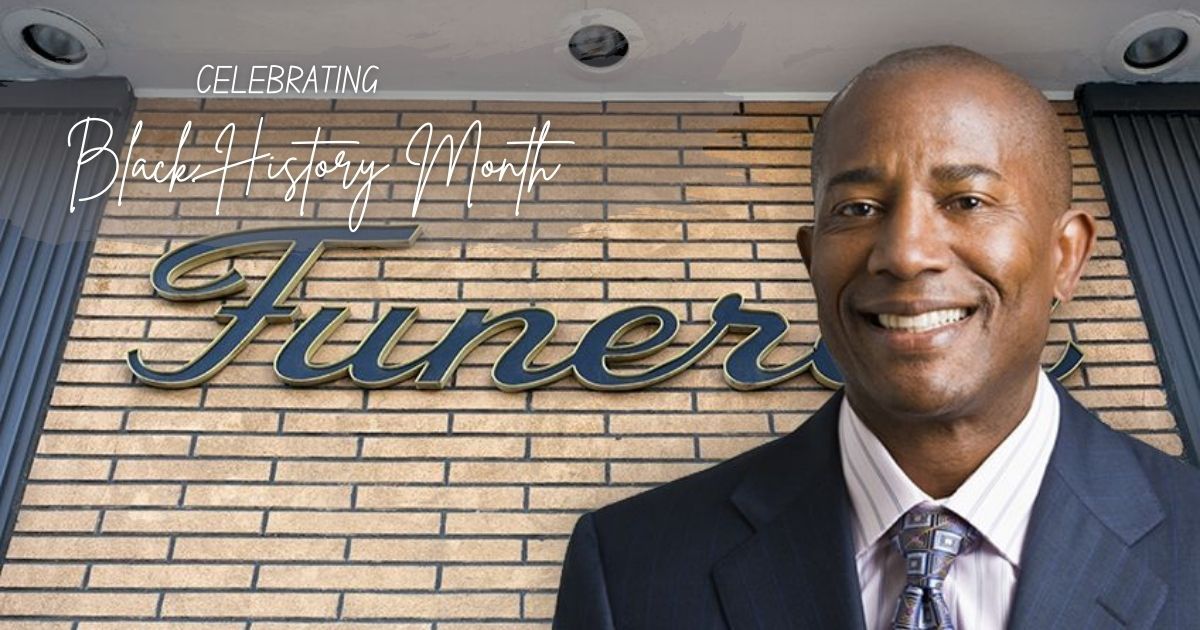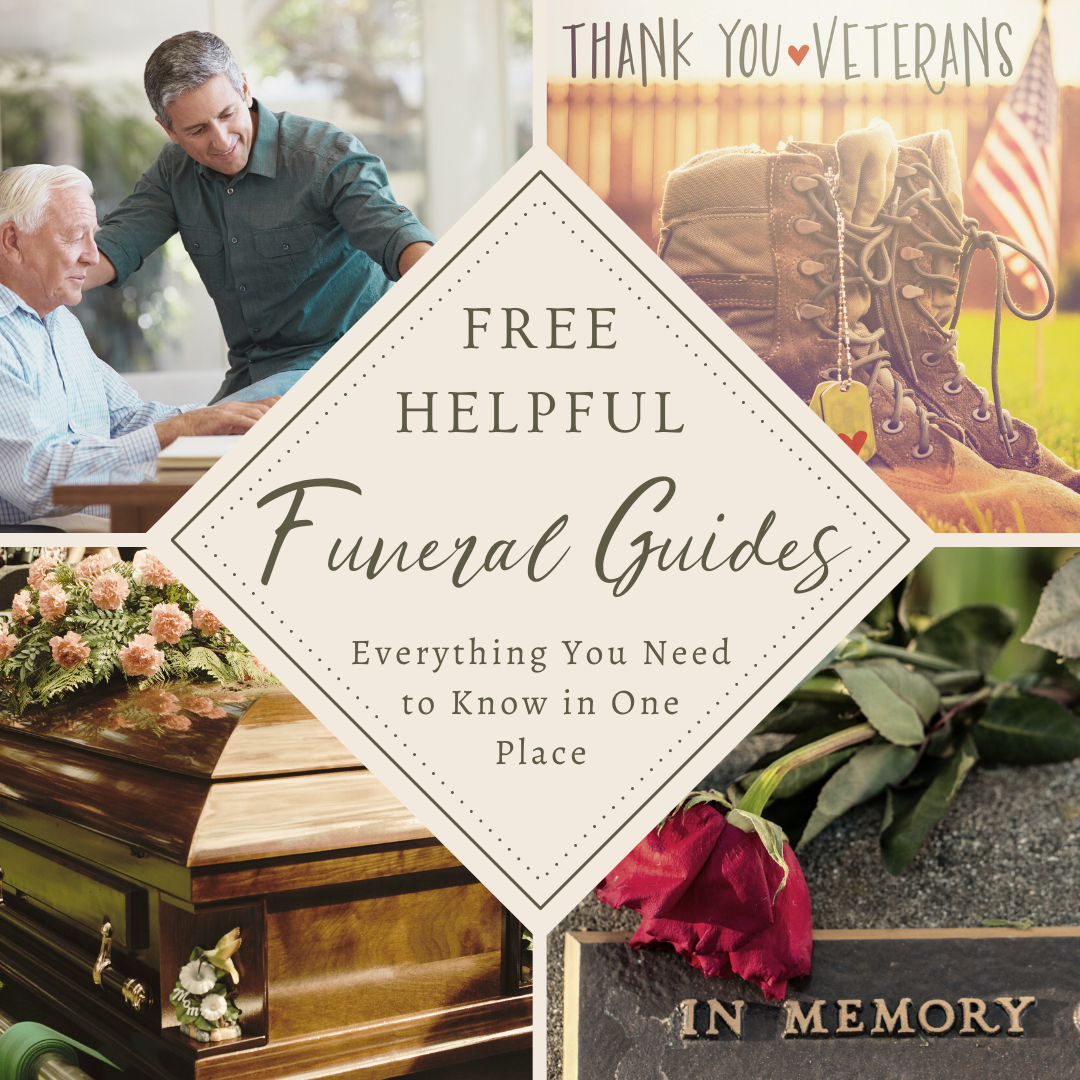Whether they were able to help in big or small ways, the support that African American funeral directors were able to provide during the Civil Rights movement had a powerful and long-lasting impact.

During the early 1900’s African American funeral directors were excluded from national funeral societies. As a result, they formed their own funeral director’s association, allowing them to continue to work in the profession and grow their businesses. This allowed many funeral directors to become financially successful respected members of their communities.
During the Civil Rights Movement, funeral directors wore many hats. In addition to burying the dead, they offered support, guidance, dignity, and respect to communities that were grieving. Most were highly regarded in their communities and took on other leadership roles as well, such as pastors, activists, and mayors.
During this difficult period, funeral parlors were especially important. Funeral directors were in a position to join the movement in unique ways. As community leaders, they provided spaces for families and communities to gather to honor their deceased loved ones. Funeral homes were places to mourn but also places to plan and spread a message of resistance.
Funeral directors came up with seemingly small but powerful ways to support the Civil Rights movement. For example, in some funeral homes, funeral fans were handed out at services with instructions written on the back on how to register to vote. Other funeral directors provided bail money for activists when they were jailed.
Funeral directors also provided other services that were crucial to the movement. For example, Martin Luther King’s security detail was provided by a funeral home. Funeral employees helped him, and other activists, travel safely by transporting them secretly in hearses and housing them overnight in funeral homes.
Whether they were able to help in big or small ways, the support that African American funeral directors were able to provide during the Civil Rights movement had a powerful and long-lasting impact.

